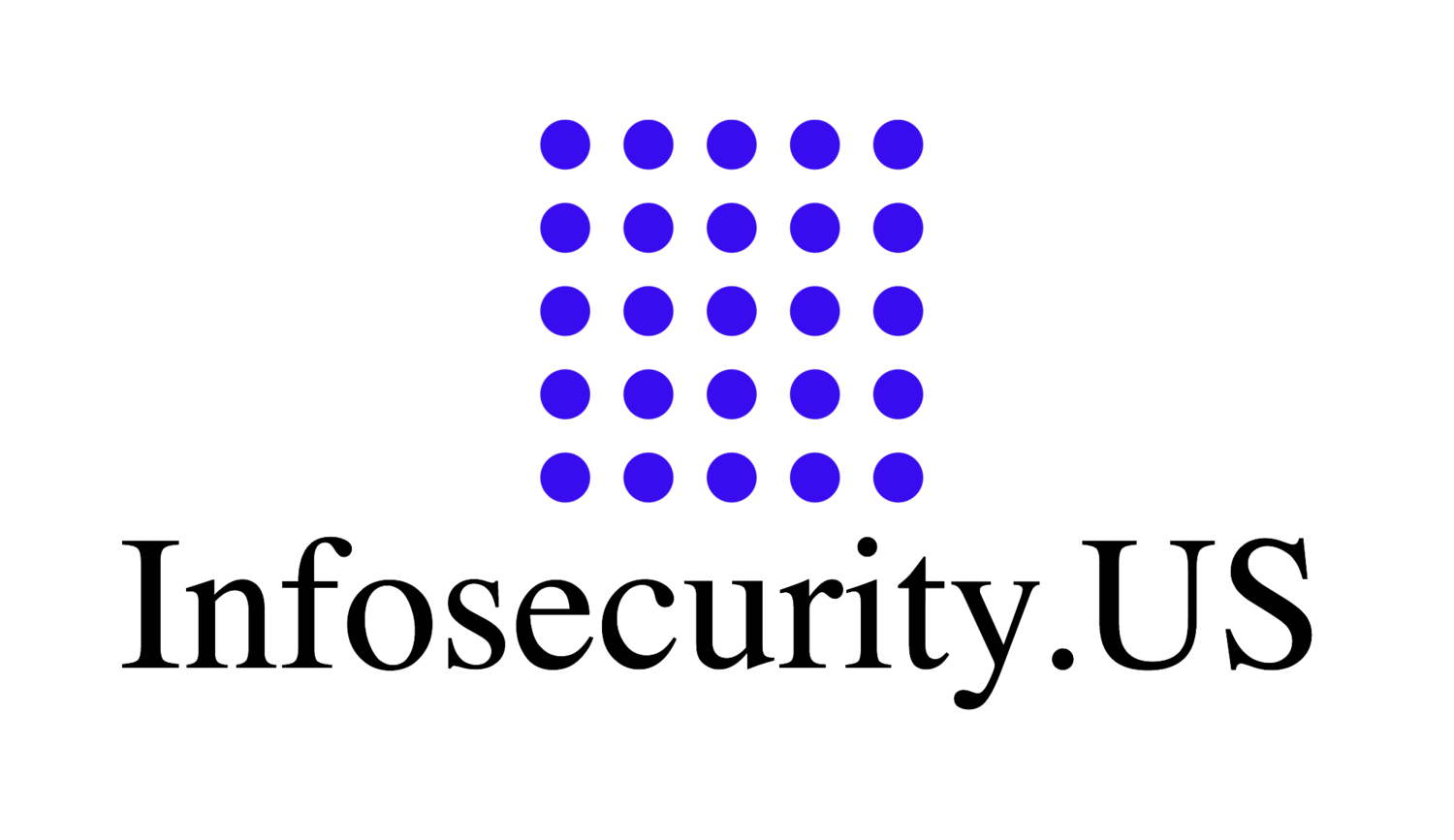Quantum Computation Breaks Crypto? Unlikely... →
Mark H. Kim, a contributing writer at Quanta Magazine illuminates a recent paper published at the IACR, and contributed by Daniel J. Bernstein, Nadia Heninger, Paul Lou and Luke Valenta, postulate in their paper 'Post-quantum RSA' that in fact, the RSA algorithm might very well not be broken by the use of a quantum computational devices when aprpriately manipulated.
'The authors of the paper estimate that attacking a terabyte-size key using Shor’s algorithm would require around 2100 operations on a quantum computer, an enormous number comparable to the total number of bacterial cells on Earth.' - via Mark H. Kim, writing at Quanta Magazine, and from his article 'Why Quantum Computers Might Not Break Cryptography
The paper's content abstract:
'Abstract. This paper proposes RSA parameters for which (1) key gen- eration, encryption, decryption, signing, and verification are feasible on today’s computers while (2) all known attacks are infeasible, even as- suming highly scalable quantum computers. As part of the performance analysis, this paper introduces a new algorithm to generate a batch of primes. As part of the attack analysis, this paper introduces a new quan- tum factorization algorithm that is often much faster than Shor’s algo- rithm and much faster than pre-quantum factorization algorithms. Initial pqRSA implementation results are provided.' Excerpt from Post-quantum RSA published via the IACR, and authored by Daniel J. Bernstein, Nadia Heninger, Paul Lou and Luke Valenta.
